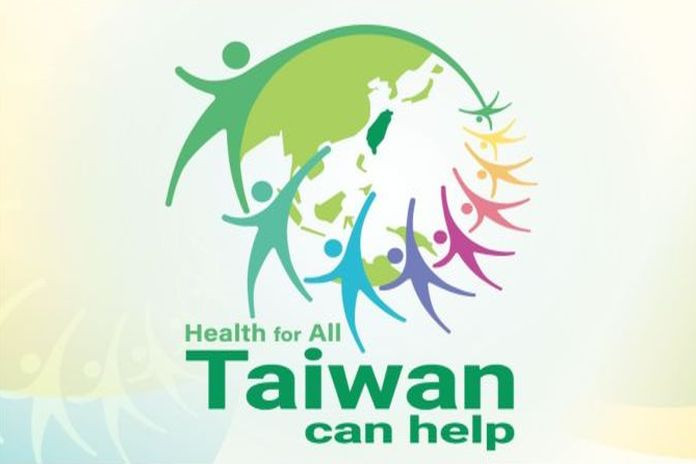By Director-General Charles Chi-Yu Chou, Taipei Economic and Cultural Office in Miami (TECO)
The month of May encompasses various occasions dedicated to commemorating, recognizing, and caring for others. Notably, it includes Asian American Pacific Islander Heritage Month, which celebrates and brings together diverse cultures. Mother’s Day, honours the love and selfless sacrifices of mothers. Memorial Day, pays tribute to those who lost their lives defending the nation, and the World Health Assembly (WHA), which is a vital platform, shaping the future of global health and healthcare for all.
This year holds particular significance as it marks the 75th anniversary of the founding of the World Health Organization (WHO), providing an excellent opportunity for the international community to strengthen public health efforts and strive towards achieving the ultimate goal of “Health for All.”
The WHO constitution, established in 1948, emphasizes that the health of all people is fundamental to peace, and security, and requires the fullest cooperation of individuals and states. This principle remains as relevant today as it was 75 years ago.
Previously, Taiwan participated in WHA meetings as an observer, offering valuable expertise during the discussions. However, since 2017, Taiwan has been excluded from the WHA due to political considerations, hindering its ability to receive WHO assistance and contribute to global health efforts.
The WHA serves as a crucial platform for dialogue among countries, enabling effective strategies to combat the pandemic. Inclusive discussions should include Taiwan and its 23 million people, who have successfully united to overcome the pandemic and serve as an example to the world.
Taiwan’s experience in combating communicable diseases like SARS and H1N1 has fostered innovative approaches, strengthening its public healthcare system and well-trained healthcare personnel. Their continuous efforts in epidemiological surveillance, investigation, and analysis have better prepared them to prevent and mitigate future outbreaks of communicable diseases.
At the onset of the COVID-19 outbreak, Taiwan promptly implemented advanced deployment and rapid response mechanisms, establishing a cross-sectoral system to prevent and contain the pandemic when vaccines and antiviral drugs were unavailable. Their effective border control measures thorough epidemic investigations, patient evacuation system, government-coordinated distribution of medical supplies, and efficient supply chain management successfully contained the spread of the virus and ensured the safety of its citizens.
Taiwan has demonstrated its commitment to sharing expertise and successful pandemic response methods with other countries through bilateral and multilateral platforms, working alongside international partners.
Furthermore, Taiwan is actively developing medical countermeasures for COVID-19 and strengthening its capacity to innovate critical drugs and active pharmaceutical ingredients. Since the COVID-19 outbreak, Taiwan has issued 13 export licenses for its herbal formula NRICM101 (Taiwan Chingguan Yihau) to support regional countries in combating the pandemic.
In addition to the WHA, Taiwan should be included in other WHO platforms to contribute to global efforts in safeguarding public health. The fight against emerging communicable diseases necessitates the sharing of genetic sequencing data. Taiwan’s participation in the WHO and the WHA is a health issue, not a political one. Taiwan remains steadfast in upholding the principles of professionalism, pragmatism, and making meaningful contributions.
In the spirit of May, a month dedicated to commemorating and caring for others, we must recognize that viruses do not respect borders.
As we face common global health threats, it becomes even more crucial for the international community to unite in a collective response, extending our care and support beyond individual nations. This collective unity is the key to achieving the ultimate goal of the World Health Organization: “Health for All.”





